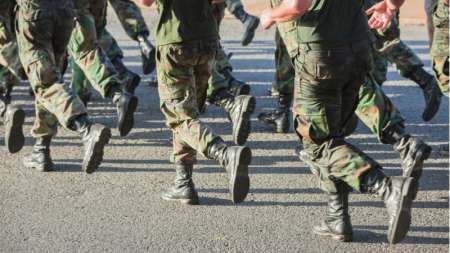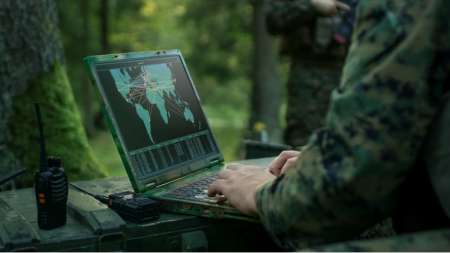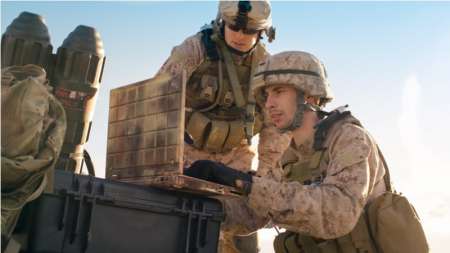Tomorrow’s troops will draw on biotechnology and brain-computer interfaces, augmented reality headsets and adaptive camouflage, and other tools barely dreamt of by today’s soldiers. The U.S. Army Research Laboratory (ARL) continues to look broadly across the swath of technologies critical to supporting the Army today and in the future, according to ARL officials on September 8 at a Defense One webinar. […]
The Army Research Laboratory (ARL) is gaining two new supercomputers to upgrade its computing abilities. […]
It turns out a little knowledge can indeed be a dangerous thing.
That’s something the Army Research Laboratory (ARL) discovered when testing the value of artificial intelligence (AI) as an aid to battlefield decision-making. Researchers from ARL and the University of California, Santa Barbara, found in a series of test scenarios that people trust their own judgement more than they trust an AI’s advice. This was true even when an AI agent provided perfect guidance, and when ignoring that advice led to negative results. People might trust an AI personal assistant to recommend a movie or the best way to drive to the theater, but not so much when they have skin–or their own skin–in the game. […]
The military’s reliance on the Global Positioning System is so great that an obvious question arises on a regular basis: What if it isn’t available? […]
The Army Research Laboratory (ARL), working with an international team of researchers, is looking to implement a new type of cyber defense that operates on the principle that you can’t hit what you can’t see. […]
Brian Sadler, senior scientist for intelligent systems at the U.S. Army Research Laboratory, today discussed how the expanse of artificial intelligence (AI) research activities across the Army is bringing to light even greater challenges. […]






